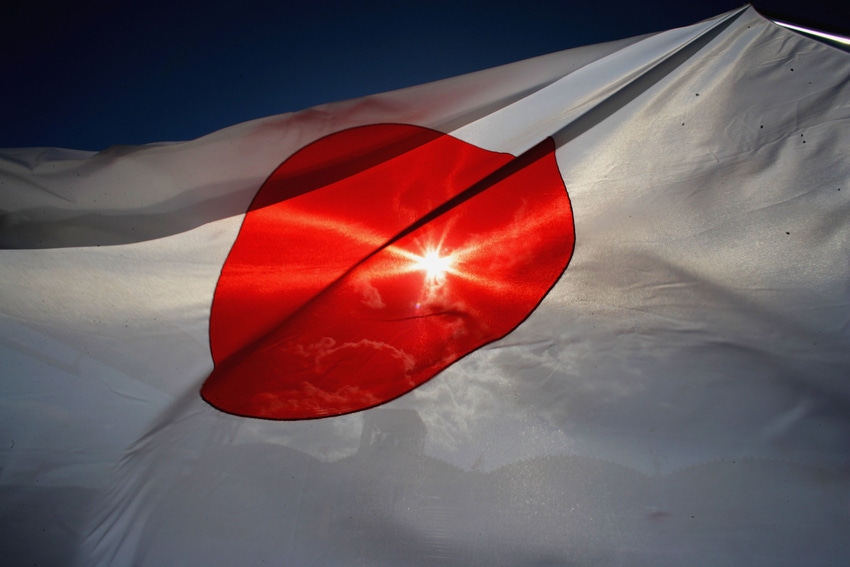National Pork Producers Council renewed its request that the Trump administration begin negotiations on a free trade agreement with Japan.
July 6, 2017

Following today’s announcement by the European Union and Japan that they have reached agreement in principle on a trade pact, the National Pork Producers Council renewed its request that the Trump administration begin negotiations on a free trade agreement with Japan.
“The United States must quickly finalize a trade deal with Japan if it wants to maintain that important market,” says NPPC President Ken Maschhoff, a pork producer from Carlyle, Ill. “We can’t stand by while countries around the world negotiate agreements that give them a competitive advantage over American products.
“We urge President Trump to make America great again by expanding our market access to Japan — an economically and strategically important ally — through an FTA.”
Japan is the highest value market for U.S. pork exports. In 2016, Japanese consumers purchased almost $1.6 billion of U.S. pork products. Demand in Japan for U.S. pork is very strong despite tariffs and other import measures that limit market access for it.
NPPC has urged the administration to get a Trans-Pacific Partnership-type deal with Japan. Under that trade agreement, which the pork organization strongly supported, Japan’s tariffs on pork, which are determined through a so-called gate price system, would have been nearly eliminated. Economist Dermot Hayes of Iowa State University estimated that U.S. pork exports to Japan would have increased exponentially under TPP, creating more than 5,000 new U.S. jobs.
With an EU-Japan trade pact in place, U.S. pork producers are concerned they will lose market share in the island nation.
“Producers are very dependent on exports,” Maschhoff says. “Last year, were exported 26% of our total production, and those exports added more than $50 — representing 36% of the $140 average value of a hog in 2016 — to the price we received for each animal marketed. We can’t afford to lose exports in our No. 1 market.”
About the Author(s)
You May Also Like



